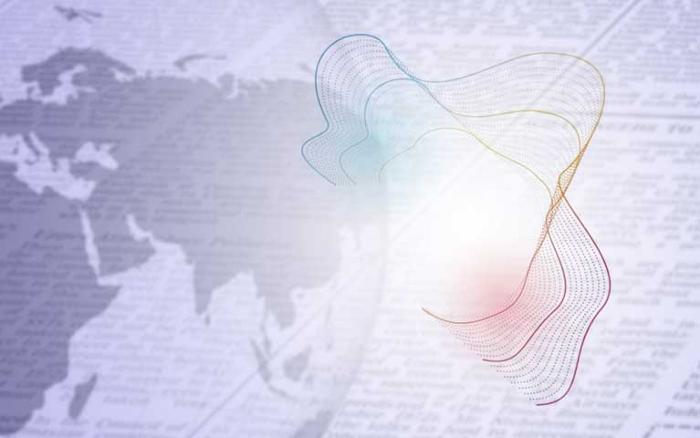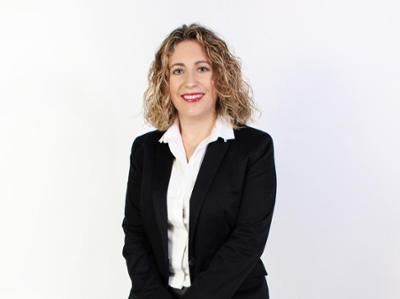

Ana María García Gascó (CONAIF): Installer training includes new big data and AI-based systems
The training of installers in the field of gas, air conditioning and refrigeration is essential not only because the correct functioning of the installations depends on it, but so does their safety, efficiency and sustainability. Ana María García Gascó, Director General of CONAIF,the National Confederation of Associations of Energy and Fluids Installation and Maintenance Companies , warns that training now also takes into account the new predictive and preventive systems, based on big data and artificial intelligence, which make it possible to anticipate situations.
How important is the training of installers in the field of gas, air conditioning and refrigeration?
Hugely important. That preparation is essential because not only does the correct functioning of the facilities depend on it, but so does the safety, efficiency and sustainability of the installers themselves. Training ensures quality in installations, it provides for accreditation of competences in certain areas such as gas, electricity or thermal installations, among others, as well as knowing the regulations and complying with them.
How has training in facility maintenance evolved in recent years and where does it stand today?
It has evolved considerably in recent decades, adapting to the technological and regulatory changes that have taken place in the sector. In the early days, corrective maintenance and on-site technical training predominated. The advent of digitalisation was a major change that required more specialised training by qualified teachers. New predictive and preventive systems are now being taken into account, based on big data and artificial intelligence, which make it possible to anticipate situations and have led to a real innovation in the field of facility maintenance.
What challenges relating to regulation and sustainability will this training have to face in the future?
The constant updating of technical regulations and the challenges relating to the energy transition in which we are immersed will mean that sooner rather than later the training of installers, as well as technical, will also have to cover multidisciplinary subjects that facilitate the acquisition of new transversal competences in areas such as communication, digitalisation or environmental management.





